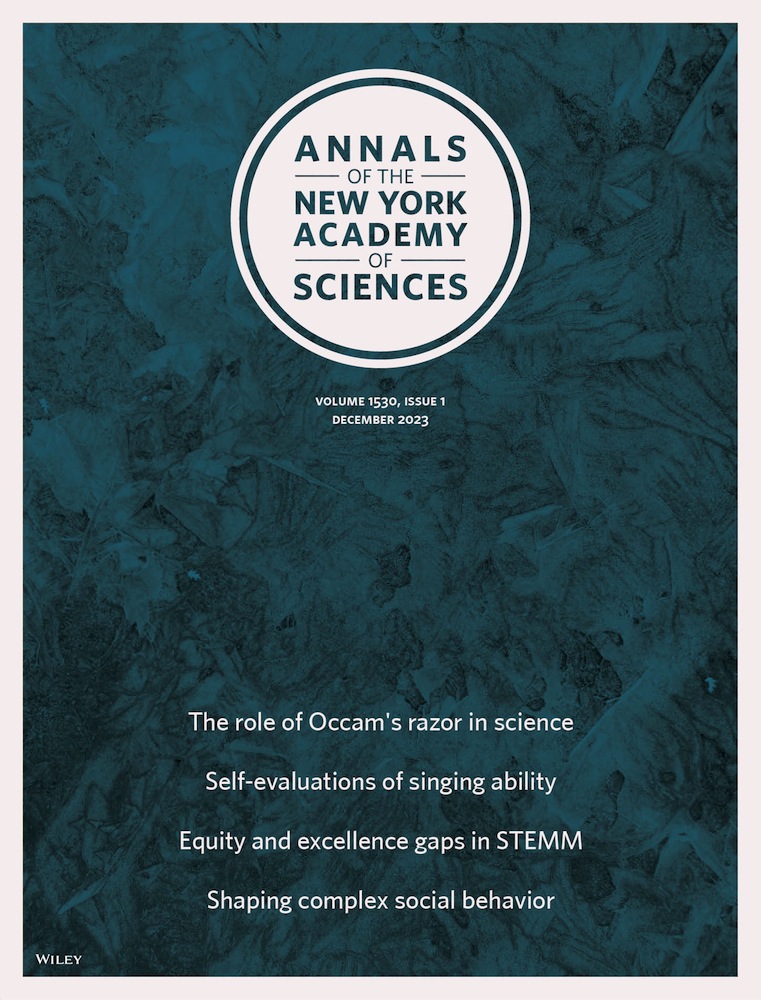Understanding the psychological impact of flooding on older adults: A scoping review.
IF 4.1
3区 综合性期刊
Q1 MULTIDISCIPLINARY SCIENCES
引用次数: 0
Abstract
Flooding is increasing in frequency and intensity as a function of climate change. Older populations are vulnerable to the physical and mental health impacts of flooding, having less ability to cope and fewer rescue possibilities compared to younger ages, with resulting mental health impacts. This scoping review, based on JBI Scoping Review Methodology, scoped and summarized the evidence for the psychological impacts of flooding on older adults. Electronic databases were searched for reports of direct or indirect experiences of flooding in older adults globally (mental health, well-being, emotional outcomes). Ten articles across four continents were included. Risk of bias analysis found that 80% of articles were of weak and 20% were of moderate quality. Most studies focused on depression (70%), posttraumatic stress (60%), and anxiety (20%) as outcomes. Over half considered additional impacts and protective factors. This small but growing literature base demonstrates that climate-related flooding affects the mental health of older adults, with associations between flooding, depression, and posttraumatic stress. Poor social support contributes to worse mental health outcomes, suggesting that helpful interventions might focus on enhancing resilience through building social networks. All studies reviewed were from high-income countries; more research is required with countries with lower income.了解洪水对老年人的心理影响:范围综述。
作为气候变化的一个功能,洪水的频率和强度正在增加。老年人易受洪水对身心健康的影响,与年轻人相比,他们的应对能力和救援可能性较低,从而对心理健康产生影响。本综述以JBI综述方法为基础,对洪水对老年人心理影响的证据进行了综述和总结。在电子数据库中搜索了全球老年人直接或间接经历洪水的报告(心理健康、福祉、情感结果)。收录了四大洲的十篇文章。偏倚风险分析发现80%的文章为弱质量,20%为中等质量。大多数研究将抑郁症(70%)、创伤后应激(60%)和焦虑(20%)作为结果。超过一半的人考虑了额外的影响和保护因素。这个虽小但不断增长的文献基础表明,气候相关的洪水影响老年人的心理健康,洪水、抑郁和创伤后应激之间存在关联。缺乏社会支持会导致更糟糕的心理健康结果,这表明有益的干预措施可能侧重于通过建立社会网络来增强复原力。所有被审查的研究都来自高收入国家;需要对低收入国家进行更多的研究。
本文章由计算机程序翻译,如有差异,请以英文原文为准。
求助全文
约1分钟内获得全文
求助全文
来源期刊

Annals of the New York Academy of Sciences
综合性期刊-综合性期刊
CiteScore
11.00
自引率
1.90%
发文量
193
审稿时长
2-4 weeks
期刊介绍:
Published on behalf of the New York Academy of Sciences, Annals of the New York Academy of Sciences provides multidisciplinary perspectives on research of current scientific interest with far-reaching implications for the wider scientific community and society at large. Each special issue assembles the best thinking of key contributors to a field of investigation at a time when emerging developments offer the promise of new insight. Individually themed, Annals special issues stimulate new ways to think about science by providing a neutral forum for discourse—within and across many institutions and fields.
 求助内容:
求助内容: 应助结果提醒方式:
应助结果提醒方式:


